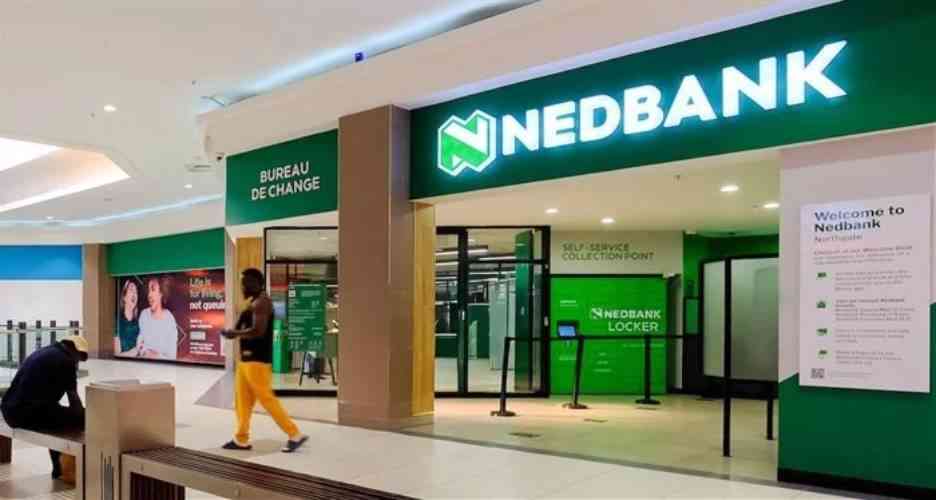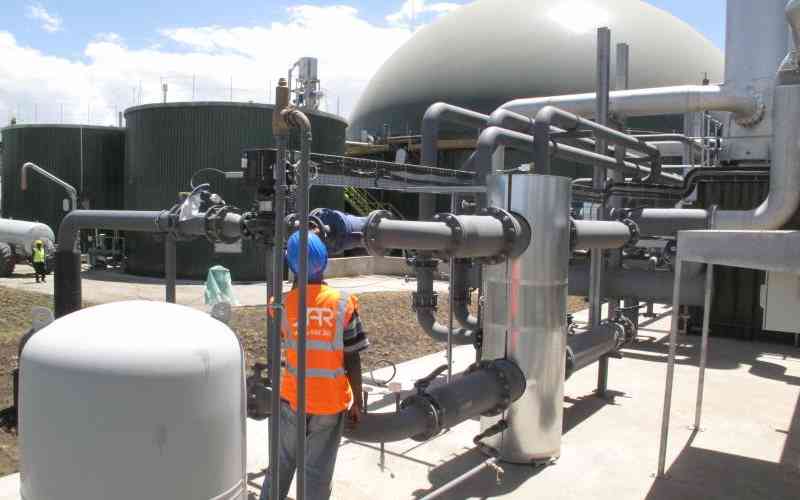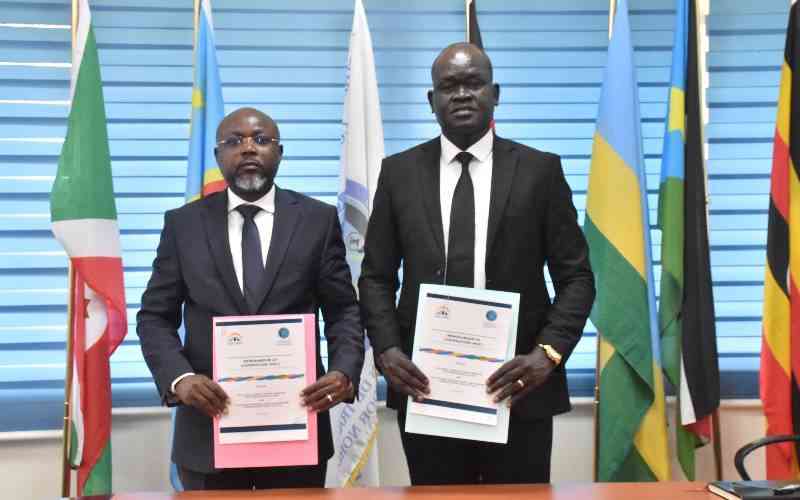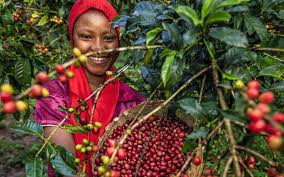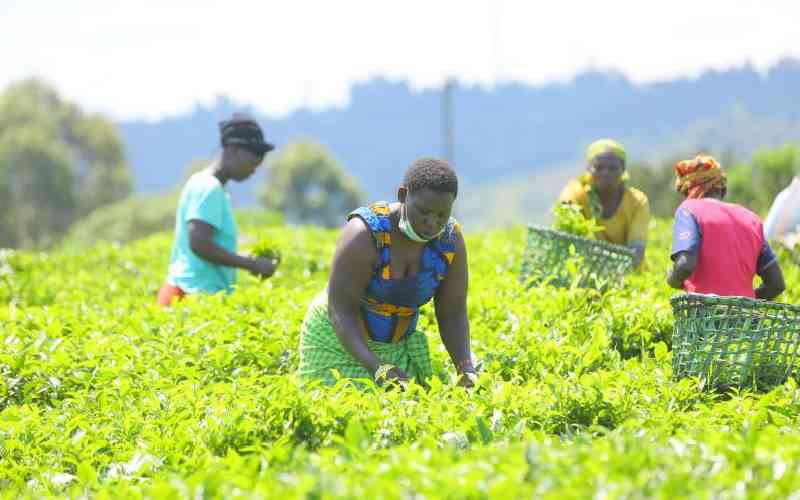×
The Standard e-Paper
Join Thousands Daily
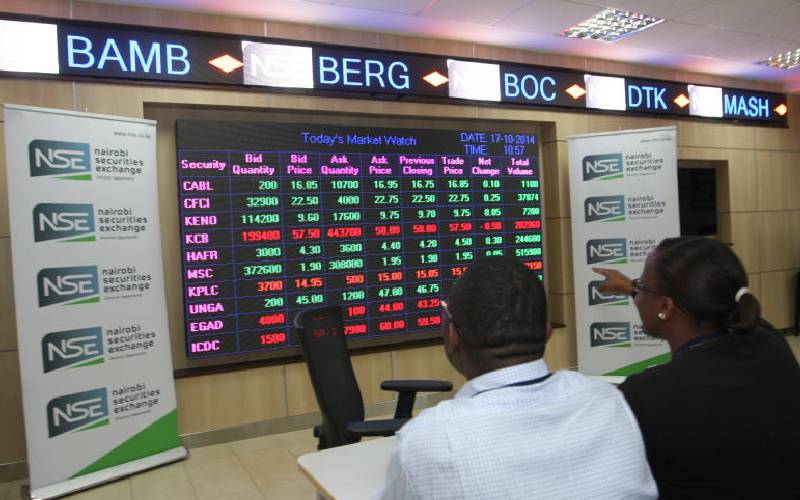
They ushered thousands of retail traders to the Nairobi Securities Exchange (NSE) with a promise of dividends and capital gains, but only a few companies have lived up to this promise.
And retail investors like Alois Chami, a vocal, seasoned and self-taught investor in listed firms, can only look back wistfully.
